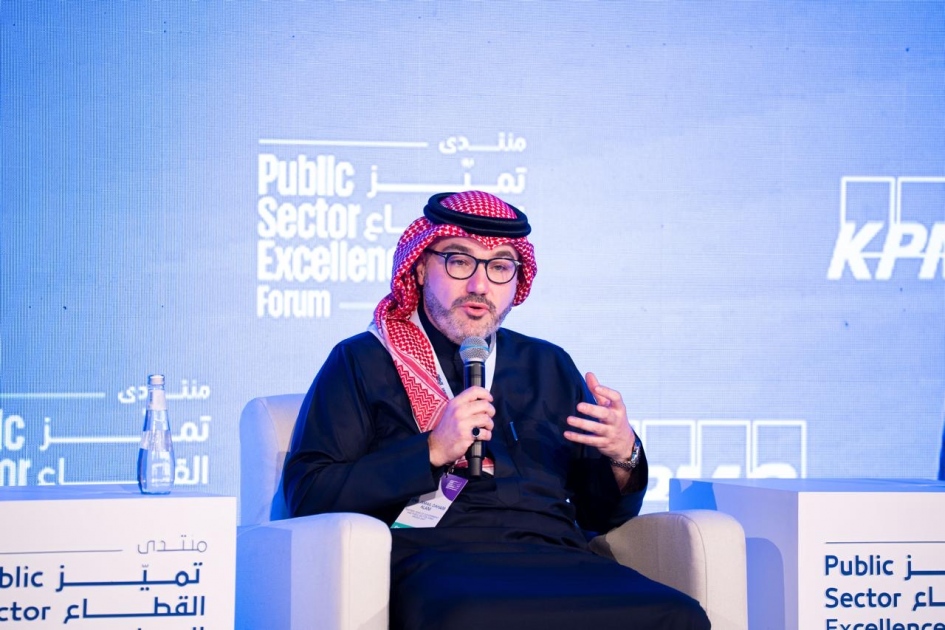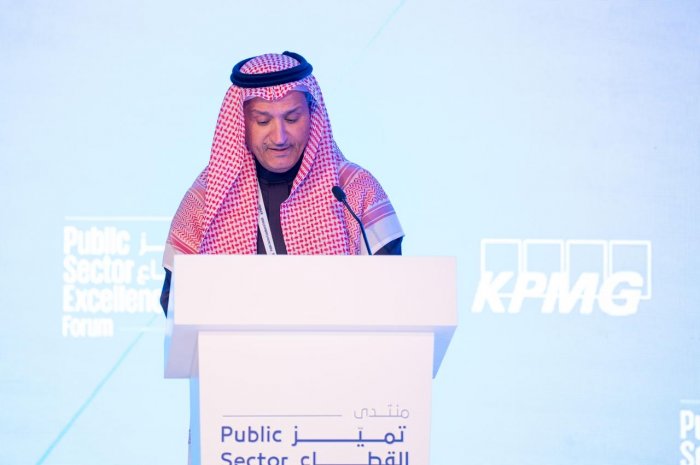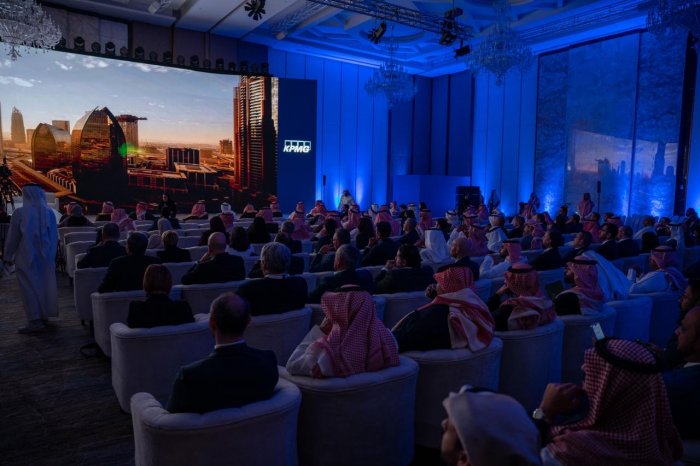
Global experts and policymakers convene at KPMG’s Public Sector Excellence Forum 2025 in Riyadh
Public sector officials, industry experts, and policymakers gathered in Riyadh for the Public Sector Excellence Forum 2025, hosted by KPMG MiddleEast. Under the theme, "Governing with impact: Delivering public value," the forum explored leadership, technology, sustainability, and risk resilience, shaping the future of governance.
At the opening of the event, Dr. Abdullah Al Fozan, CEO at KPMG Middle East, emphasized cross-institutioncollaboration as critical to public sector success, stating,"Excellence in the public sector is not just an end goal but an ongoing process that requires a clear vision, effective collaboration, and shared commitment. Challenges exist, but when efforts are united and institutions work together, they can easily be overcome."
High-profile speakers from Saudi Arabia’s public sector included H.E. Dr. Munir Eldesouki, President of KACST, who was interviewed by entrepreneur Mansour Alsanooni on how great leaders inspire action, and Eng. Suliman AlRumaih, Group CEO of SALIC who delved deeper into securing food, water, and energy sustainability.
Prof. Bent Flyvbjerg, Professor at the IT University of Copenhagen and author of the groundbreaking study on project management, ‘How Big Things Get Done,’ took a data-driven approach to large-scale projects and presented critical insights into the successful delivery of such projects.
The panel on capabilities – one of the four foundational themes of technology, sustainability and risk – featured H.E. Dr. Bander Alsajjan, Director General at the Institute of Public Administration, Dr. Mohammed Alabdulaali, Assistant Minister at Ministry of Health and
H.E. Hekia Parata, Former New Zealand Minister of Education, Minister of Energy and Resources, and Minister for Women, who discussed how to build exceptional leadersduring exceptional times.
Ismail Alani, Head of Government and Public Sector at KPMG Middle East who also sat on the panel, emphasized the importance of foresight in public sector leadership,“Exceptional leadership is not about reacting to change but anticipating it. In today’s rapidly evolving world, public sector leaders must embrace agility, innovation, and strategic foresight to drive meaningful impact.”
Further, the Blueprint for Intelligent Economies was launched and introduced by KPMG’s Global Head of Government, Brenda Walker and Maz Hussain, Head of AI for KPMG Middle East. The publication, co-developed by KPMG and the World Economic Forum, presents a framework that focuses on AI-driven economies in which the technology is leveraged for the public good.
The technology panel explored human capital and AI-driven governance models – emphasizing AI adoption, workforce upskilling, and cybersecurity in public sector transformation, while the sustainability panel discussed financing models for sustainable development – and featured Eng. Hashim Al Dabbagh, CEO as Aseer Development Authority and Stephen Beatty, Chairman of the Advisory Board at the National Center for Privatization.
The fourth theme, risk, was approached with two sessions, on predictive risk management tools, and the anticipation of systemic shocks – black swans and unknown unknowns, featuring Dr. Mohammed Aldhoayan from the National Cybersecurity Authority as global KPMG experts in dynamic risk assessments and geopolitics.
POLITICO Executive Editor Anne McElvoy and Adrian Monck, Senior Adviser to Abu Dhabi's Mohamed bin Zayed University of Artificial Intelligence moderated the forum’s sessions.
Hanan Alowain, Partner in the Government and Public Sector at KPMG Middle East, closed the event by reflecting on the forum’s insights, emphasizing the shared commitment to progress, resilience, and collective prosperity.





























